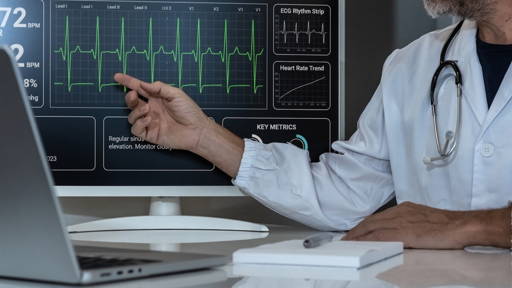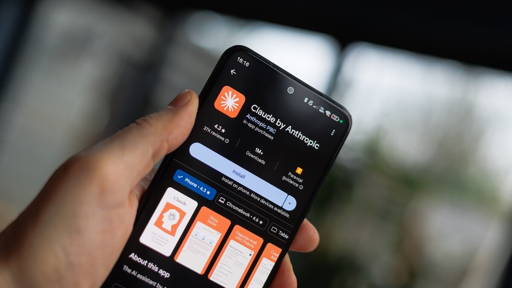A team of researchers at the Mayo Clinic has developed an innovative AI tool that could fundamentally improve the diagnosis of dementia. The application, StateViewer, makes it possible to distinguish between nine different forms of dementia based on a single standard FDG-PET brain scan. This breakthrough supports clinicians in making an early and accurate diagnosis, even in situations where specialist neurological expertise is lacking.
According to recent research published in Neurology at the end of June, StateViewer was able to identify the correct form of dementia in almost nine out of ten (88%) cases. The tool interprets brain scans almost twice as fast and up to three times more accurately than conventional methods. The AI has been trained on more than 3,600 FDG-PET scans from both patients with cognitive disorders and healthy subjects, which significantly enhances its clinical reliability.
From complex imaging to understandable insights
FDG-PET scans map glucose processing in the brain, an important indicator of brain activity. StateViewer compares these images with an extensive reference database of confirmed diagnoses. Based on this, the tool recognises subtle abnormal patterns that are characteristic of specific types of dementia, such as Alzheimer's, Lewy body dementia or frontotemporal dementia.
The power of the tool lies in its intuitive visualisation. StateViewer projects the patterns it finds onto colour-coded brain maps. These make the underlying analysis transparent, even for healthcare providers without in-depth neurological training. This lowers the threshold for use in primary care and smaller clinics.
Impact on care pathways and treatment
More than 55 million people worldwide suffer from dementia. Nearly 10 million new cases are added each year. The need for faster and more accurate diagnostics is growing, especially now that more and more treatment options are being developed. Timely recognition of the subtype can make a difference in treatment strategy and quality of life.
‘StateViewer helps us to better translate the complexity of the brain into clear answers for patients. This is a step towards more personalised and proactive care,’ says Dr. David Jones, neurologist and initiator of the project. ‘Behind every scan is a human being. Our AI is designed to support healthcare professionals in real time with clinically relevant insights,’ added data scientist Dr Leland Barnard.
The Mayo Clinic is currently investigating how StateViewer can be implemented in a variety of healthcare settings. The goal is to make the technology widely accessible and thus contribute to faster, more reliable and more human-centred dementia care worldwide. In an era where digital tools are transforming healthcare, this innovation highlights the potential of AI as a clinical co-pilot.
AI and dementia diagnostics
Research has been conducted for some time into harnessing the power of AI to improve dementia diagnostics. For example, in 2021, the international AI-Mind project began developing smart digital tools to screen brain connections and assess the risk of dementia in people with mild cognitive problems. In 2022, researchers at UMC Utrecht succeeded in predicting possible future cognitive problems using smart software developed in-house and brain scans.
Earlier this year, we reported on a portable AI system developed by researchers at the University of Missouri that recognises mild cognitive impairment (MCI) through motor analyses. These disorders are often a precursor to Alzheimer's disease. The system combines a depth camera, force plate and a machine learning model that detects subtle deviations in balance and movement during physical and cognitive tasks. This approach could enable early screening for older people.







